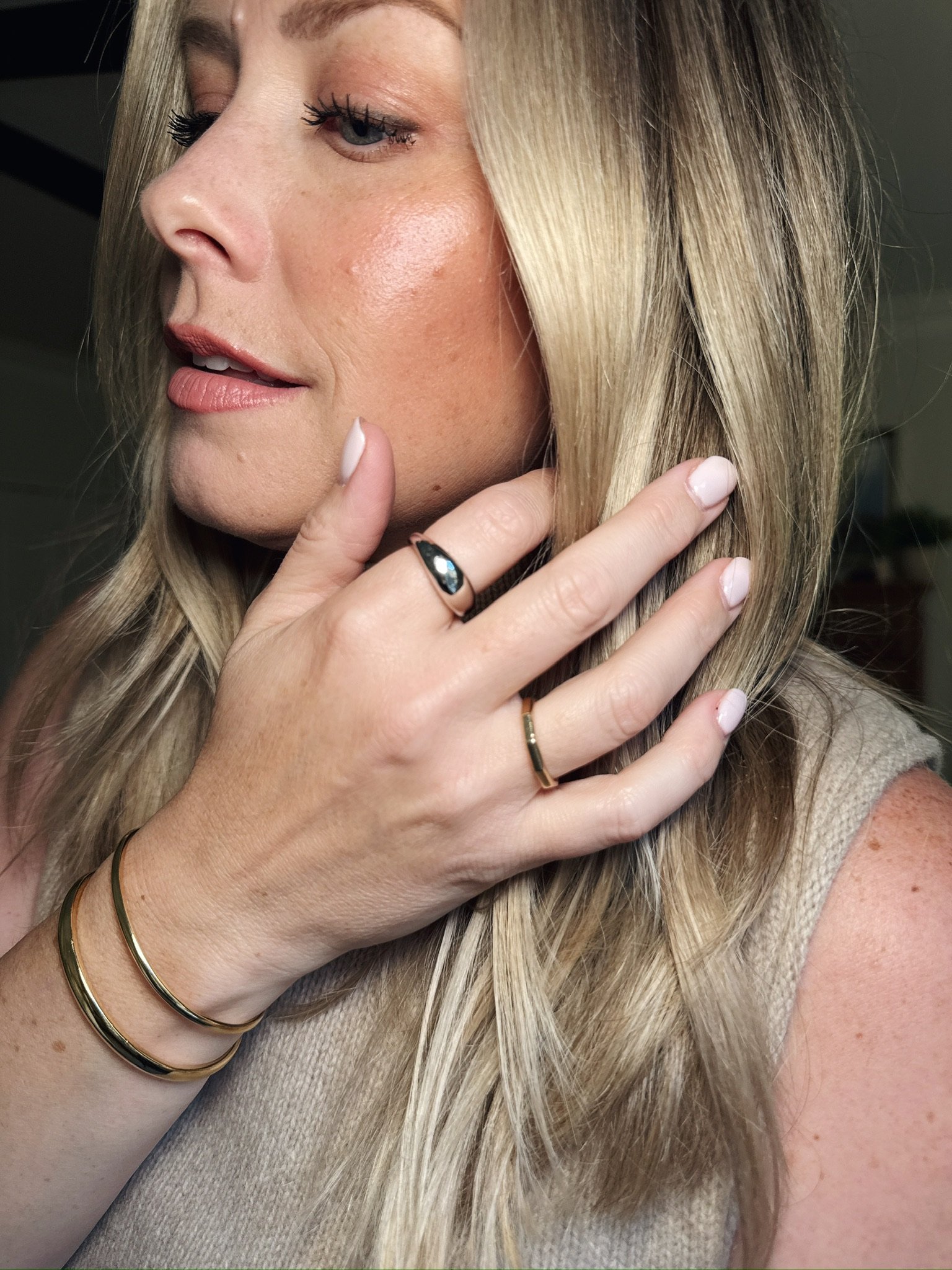
As we approach the autumn and winter, it is important to remember that these are the peak seasons for infectious respiratory illnesses, which affect millions of Canadians every year. It’s also the time when people tend to spend more time in doors with friends and relatives, where the bacteria and viruses that causes these diseases spread more easily from person to person.What are these respiratory illnesses? Common ones include:Coronavirus disease (COVID-19)Influenza (the flu)Pneumococcal disease (including pneumonia)Respiratory syncytial virus (RSV)The best way to protect yourself from these infections is to get vaccinated against them. Not only will this help keep you safe and healthy, but if enough people are vaccinated, there will be less chance of the diseases spreading through the community and fewer people will suffer from them.While anyone who gets one of these respiratory diseases can experience uncomfortable symptoms, some people are at risk of developing serious complications. People in this group include:Adults age 65 and olderBabies and very young childrenIndigenous community membersPeople with chronic conditions such as COPD and asthmaPeople living in nursing homes and other chronic care facilitiesPeople with compromised immune systemsPregnant womenHow Vaccines WorkWhile vaccines don’t completely eliminate the chances of getting an illness, they do reduce your risk. In addition, if you do get the disease after being vaccinated against it, you will be less likely to develop severe complications.There are a number of vaccines used to immunize against these diseases, and not every vaccine is right for every person, so it is important to consult with your healthcare team about which immunizations you should have. Your doctor or pharmacist can recommend the vaccines for you based on factors such as your age and any health conditions you may have. Some London Drugs pharmacists are also certified to administer the injections conveniently right in the pharmacy.Vaccine SafetyIn recent years there has been a lot of false information circulating about vaccines not being safe. Before a vaccine can be approved for use in Canada, it must be approved for safety, efficacy, and quality according to strict standards established by Health Canada. So, the short answer is: Yes, vaccines are safe. While it is possible to have a reaction to a vaccine, common reactions cause symptoms less severe than the symptoms of the illness the vaccine is preventing.A vaccine does not cause the illness it is immunizing against. If you develop side effects, it means your immune system is working to create antibodies. Antibodies are protective proteins that attach to foreign substances such as viruses and bacteria remove them from your body.Once you get vaccinated, it is important to keep a record of which vaccines you have gotten and when you received them. Your London Drugs pharmacists can advise you about what vaccines are right for you and how to track them properly.While respiratory illnesses are most common in the fall and winter, they can occur at other times of the year as well. Talk to us to make sure you get the right vaccinations at the right times. Protect your lungs, protect yourself, protect your family.Related






